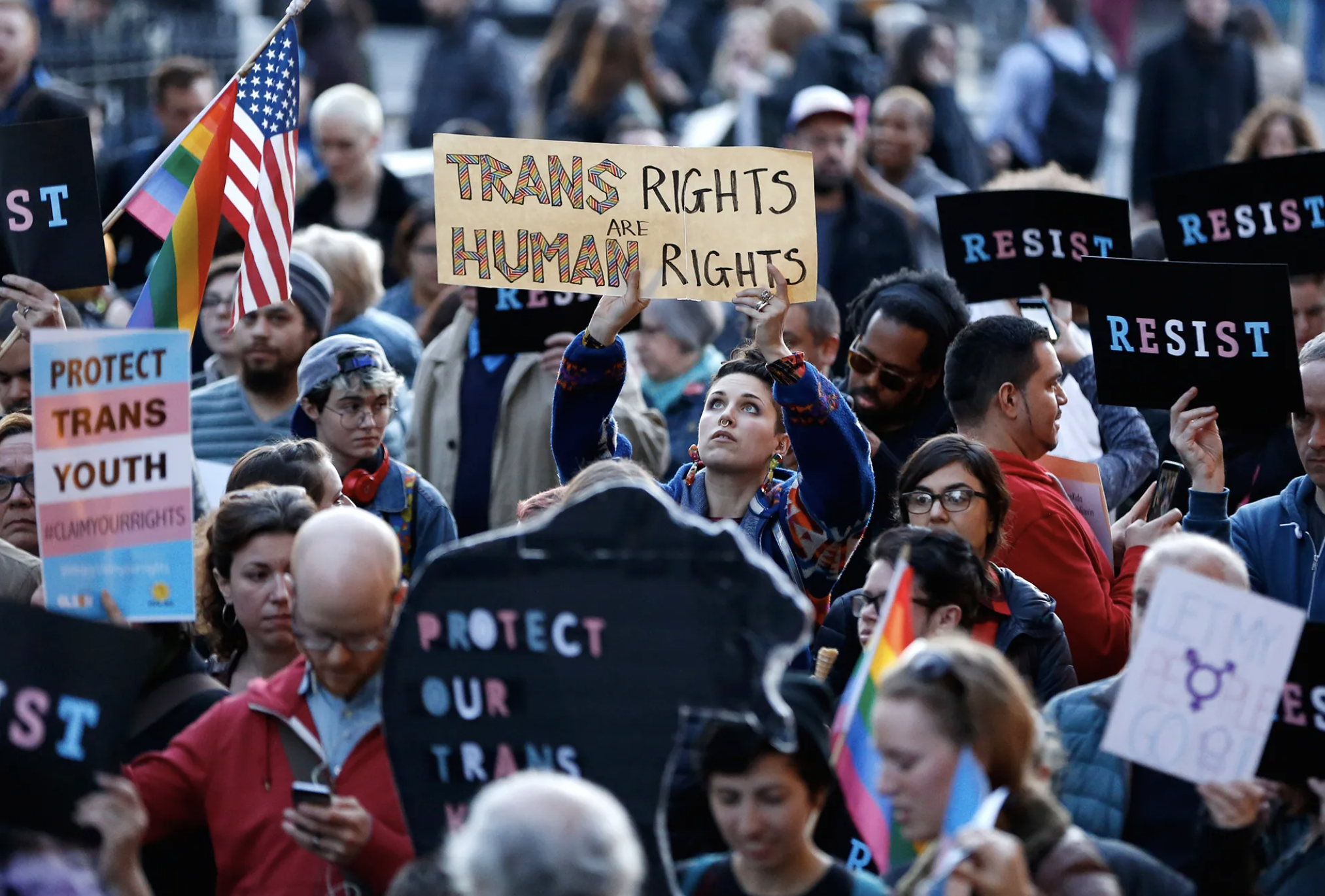Transgender Disparities
Written By: Kashvi Jain
“Include everyone, no matter their gender, sexual orientation, race, or religion. We are all human beings and we are part of society.” - Lea T
Being transgender is no different than being human. By definition, a transgender person is someone who becomes the sex they feel on the inside, drifting from their actual genetics. Transitioning to a different gender involves changing your name, preferred pronouns, and undergoing medical treatment or hormonal changes based upon your choice. A UCLA Health Department study confirms that in the US we have seen a remarkable spike of more than 2 million people “coming out”. This great transformation has also come with transgender people facing poverty, stigma, and lack of legal/personal protection, making it harder and harder every day to live a life with freedom and dignity.
Many within the transgender community undergo surgery and treatments as a part of their “transition” process, believing that it will improve their quality of life and decrease their gender dysphoria. At times, surgery is too extreme or doesn’t help transgender patients achieve their peace of mind. In many of those cases, there are other options including hormonal treatment, dermatology, voice therapy, and etc. The main problem that many transgender people encounter is the overbearing costs of treatment and surgery. The Philadelphia Center for Transgender Surgery even concludes just bottom surgery costs an estimated 25,000 dollars. Added together with costs of breast surgery, hormonal treatment, mastectomy, skin reduction, patients are faced with an obstacle. Therefore despite wanting to change their appearance many transgender people are unable to and are forced to survive with a body that they dislike due to lack of money.
Coming out as transgender tags along the fear of stigma and hate. Many people in our society today still do not support the transgender community. They view the transgender community as different and mentally ill. Specifically, youth and many adults face harsh violence in public places such as their workplace, local grocery store, and even school. All this hate stems from lack of understanding and acceptance by friends, family, the community, or even strangers that walk on the streets. Very Well Mind concludes that more than half of youth perceived as transgender have been harassed at school, a staggering quarter of transgender youth had been physically attacked, and 10% had been sexually assaulted in the previous year. Not only do they face physical abuse but unaceptance leads to mental health issues including an increased risk of suicide, depression, and loneliness followed by various diseases including HIV. The LGBTQ community wants to live by their identity and be loved for it and when their identity isn't accepted and in turn barriers and disparities are created they lose their confidence and strength.
Another hardship that transgender people face is lack of legal protection and access to healthcare and other resources. Many times when they visit health centers they are denied of care, mistreated, or healthcare providers have low knowledge of transgender issues. Transgender people also have a lack of access to legal protection. Forbes concludes that about half of the country's estimated 8.1 million LGBTQ employees live in states where they are not protected by local job discrimination laws. Recently all over the news we’ve seen a spike in Anti-Trans bills prohibiting healthcare for transgender youth, single-Sex Facility Restrictions, and excluding transgender youth from athletics. These have all caused more and more disparities and barriers for our transgender community. It is important we continue to celebrate pride month, accept and respect the transgender community and their pronouns and hopefully this will help reduce the inequalities they face in the healthcare and legal sectors.
Celebrating pride every day of the year should be instilled in society as a norm. Health partners conclude that pride is a space where people in the LGBTQ community can connect. This reduces isolation. And it increases visibility. It’s very powerful to see your identity in the community around you. It validates that we belong and are loved. It also celebrates the rich history of the LGBTQ community. This includes both pain and celebration. Feeling connected in a community is linked with positive health.
References:
(UCLA 2016) https://williamsinstitute.law.ucla.edu/publications/trans-adults-united-states/
(Very Well Mind) https://www.verywellmind.com/understanding-stigma-transgender-people-face-4120056
(Health Partners) https://www.healthpartners.com/blog/mental-health-in-the-lgbtq-community/


